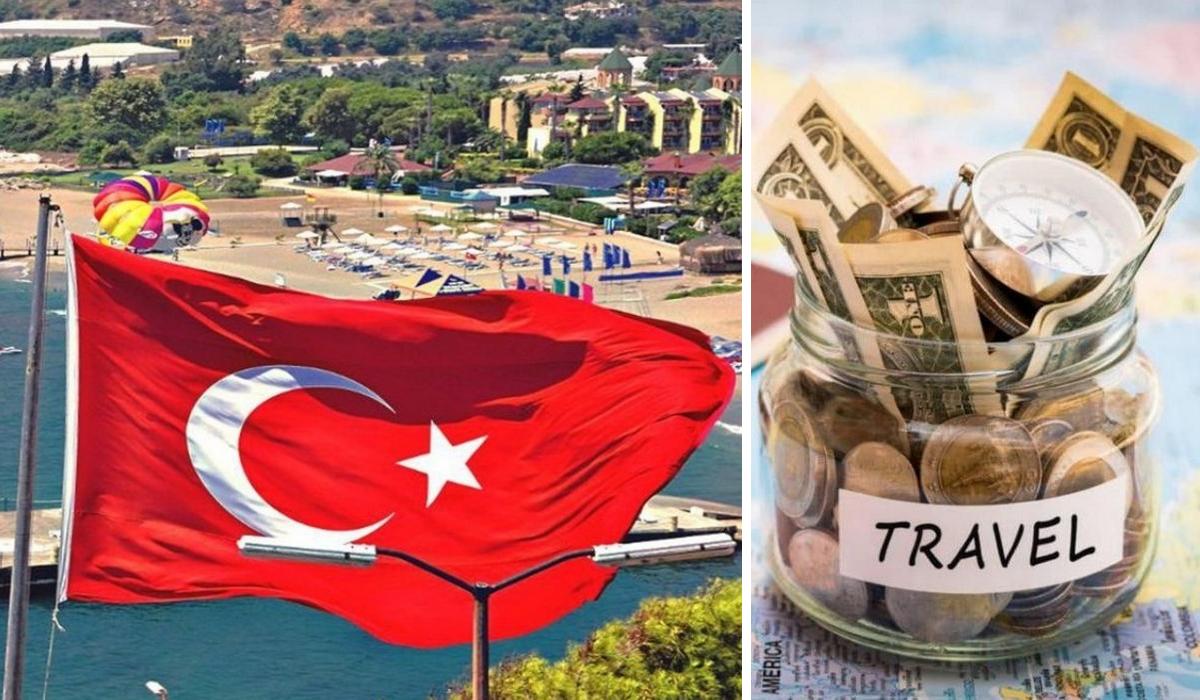Bad news for tourists: in Turkey, they finally and irreversibly decided to impose a tax on tourists from the New Year – there will be no more postponements of the start of this method of replenishing the budget (before this, the tourist business and the public managed to postpone it 2 times already). Details of the introduction of the tourist tax in Turkey, which will start to be collected from January 2023, were presented by the Turkish media, citing a joint communique published in the Official Gazette of the Erdogan government. This is bad news for tourists as the tourism sector had expected the tax to be delayed for another year. However, experts believe that this will not affect the demand from tourists.
The “General Communiqué on the introduction of the housing tax”, published in the “Official Gazette”, contains the following information on the introduction of the tax. First, all facilities providing overnight accommodation, regardless of whether they have a tourist activity certificate and/or a business opening/activity certificate, will be taxed. The amount payable as accommodation tax is 2% of the total amount paid for the night’s stay. A similar tax will be charged to the tourist for all goods and services provided during the overnight stay. For example, a guest who stayed for two nights in a hotel costing 75 euros per night, the object will pay the state a tax on accommodation for 3 euros.
It is assumed that the following accommodation facilities will pay the tax: hotels and villas, boutique hotels, private accommodation facilities, motels, hostels, apart-hotels, health complexes organized within hotels and thermal complexes with accommodation facilities, farmhouses, country houses, chalets, campsites, recreational rental properties and any other facilities offering overnight accommodation. All of them will be required to pay tax, regardless of whether they have a certificate for activities in the field of tourism and/or a certificate for opening/running a business.
Moreover, if a tourist who has paid for an overnight stay, having spent his money, “leaves the hotel in the evening of the same day”, the accommodation tax will be paid for him. However, if a guest has planned to stay for 7 nights, but leaves after 3 days, for example, the accommodation tax will only be paid for the number of nights. This is a rarity for hotels, but it is found in the same campsites.
The tax also includes all services in the accommodation facility sold together with overnight accommodation – these can be food, activities, entertainment services, sports, and spas “sold as a concept together with overnight accommodation”. Only events without overnight stays, such as celebrating a wedding or a convention that does not plan to host participants overnight, will not be subject to this tax. On the other hand, the following is stated: “Services provided within the framework of the concept of hotels “all inclusive” is taxable, entertainment services paid for separately and sold to guests are not taxable on the stay unless they are sold together with the overnight service. Spa, massage, and food and beverage services other than accommodation offered as an additional service in hotels will be exempt from tax.”
We should also note that the taxpayer, according to the document, is the person who provides accommodation services. But the tourist will still have to pay in the end. However, experts believe that it will not affect the demand for tourists. “Turkey was and remains a priority destination for European tourists… The introduction of a 2% accommodation tax will not change the situation, as this is an insignificant figure, much higher than the fluctuations in the cost of air tickets,” commented the tourist expert. He also added that, most likely, this amount will be included in the total price of the tour package — as a result, tourists simply “will not notice it.”

